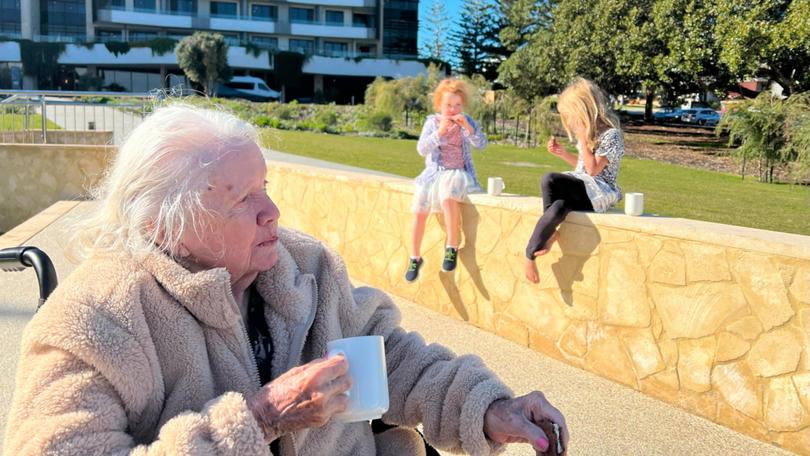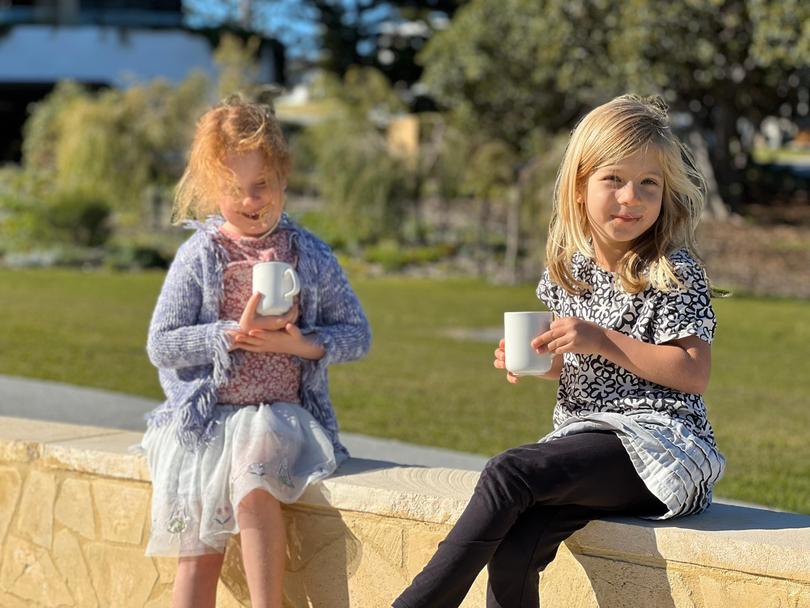ANDREW MILLER: Why the importance of time and rest cannot be overstated
ANDREW MILLER: Sometime after 1970, our society lost understanding and respect for the importance of time and rest, for both physical and emotional healing.

The four of us made our way through the sprawling gardens — down across the wide green lawns, past massive Moreton Bay fig trees that hold the earth with broad-rooted confidence.
Generations came and went while they were buttressing themselves for the long haul, against the sculpting sea breeze and winter storms.
The sound of the breakers was spilling across the dunes, filling the grove with muted murmurs of those who had come to these gardens before, looking for some soft-shaded place to bury their hurt.
Sign up to The Nightly's newsletters.
Get the first look at the digital newspaper, curated daily stories and breaking headlines delivered to your inbox.
By continuing you agree to our Terms and Privacy Policy.Somewhere to name their troubles, then let them be.
Healing takes its own slow time. This former convalescent home has become a flash residential aged-care facility, where Mum resides.
It all began with the Ministering Children’s League — MCL — established in the United Kingdom in the 1880s to encourage young children in the habit of service.
The foundation stone was recently pressure-cleaned by high-vis contractors, with bobcats and utes, who spruced up the gardens. The old grove of trees had seen it all before.
The two five-year-old girls ran, dancing across the lawns, suddenly swooping to harvest the yellow trumpet flowers of the sour grass.
These sorrel plants — like intrusive thoughts — are not supposed to be there, but where there is a garden, there will be weeds.
They brought their rough posies to my rugged-up mother in her wheelchair, and her face lit up like spring.
The wild-haired girls sat on a wall nearby to drink hot chocolate and giggle in the weak winter sun.
Mum and I felt no need to talk over the sound of the waves. I have mixed feelings about the founder of the MCL — the Countess of Meath.
The literally entitled English aristocracy give my Scottish genes indigestion, but I found myself intrigued by the provocative speech she delivered in 1891: “Why are there so many useless persons to be found? Why such numbers who are reluctant to stir a finger to aid a fellow creature?”

Good questions still, Countess.
Her idea was that by organising children to “try to do at least one kind deed every day” the habit would be ingrained.
“No day without a deed to crown it” is carved on that newly scrubbed foundation stone.
The Countess presented this as practical, “pay now, get rewarded when you die” Christianity, but we shouldn’t need the heavenly carrots and hellish sticks of God to motivate kindness in our kids.
The practice of institutional convalescence is defunded now, but when this facility first opened in 1897 it was soon filled with men who needed a few weeks to recover from typhoid fever, which was rife throughout the goldfields.
Through every war thereafter it provided places for those with “shattered nerves” to feel safe and protected for a while — to get back on their feet. They called it shell shock — we know it as post-traumatic stress disorder.
Sometime after 1970, our society lost understanding and respect for the importance of time and rest, for both physical and emotional healing.
We are disabled by impatience, and cruel in the relentless pursuit of productivity. This is accelerated by the pestilent phones in our pockets.
Patients are expected to leave hospitals sooner than ever — often on the very same day of complex surgery — and everyone naturally expects them to recover.
I mean, the hospital would not send them home incapacitated — would they?
The elderly have earned their peaceful time in the garden, even if they get a bit muddled about who is who, and what happened when.
Mum does not go there for recovery, but to relax and be taken care of. She might even remember gathering flowers nearby as a girl, in the 1930s, for a soldier who sat on a bench in the winter sun — listening to the waves on the beach and hearing the voices of those he had lost.
Often the easiest, and best, good deed is to simply give people some time.
